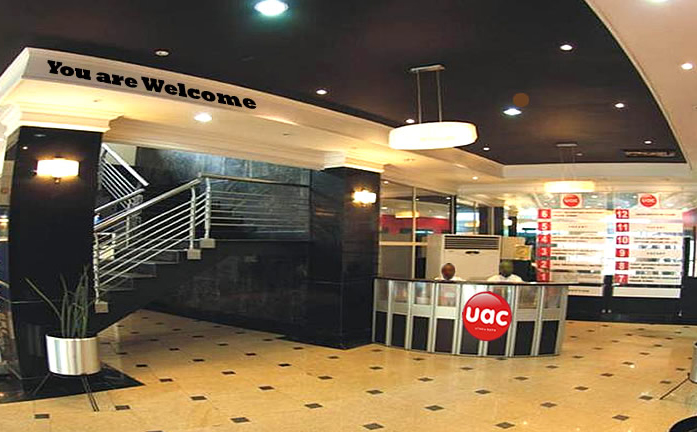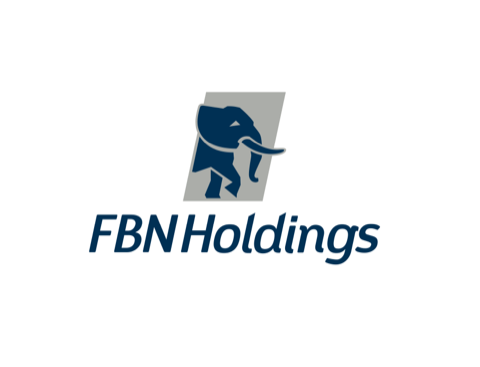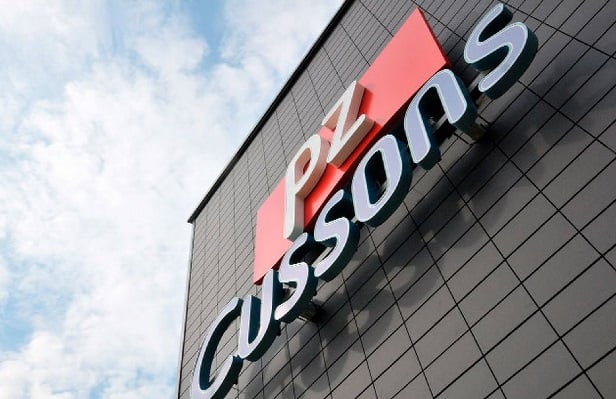Flour Mills of Nigeria headed off a possible loss position in its 2015 financial year ended March with a profit from disposal of investment. Inability to grow sales revenue amid rising cost saw a drop of nearly one-half in operating profit. That plus a drop of over 54% in investment income and a rise of over 16% in interest expenses, could have produced a loss of about N6.6 billion save for a gain of more than N14 billion from disposal of investment. Part of the gain was applied to meet interest expenses of over N18.7 billion and also absorb a significantly increased loss from associates.
The earnings numbers show that the operating pressure facing the company has intensified rather than moderated. Profit dropped every year since 2012 and could have hit a loss in 2015 had it not been for the extra-ordinary item in the accounts. A tax credit of N738 million also worked to complete the company’s profit dressing in 2015.
This seems to obscure the underlying operating strain. The company operated at a loss in all of its second half and therefore lost the entire profit of N4.37 billion it posted at the end of the second quarter. Inability to grow sales revenue is a fundamental constraint capable of building up big losses going forward.
The company closed 2015 financial year with sales revenue of N308.76 billion, which is a decline of 5.2% from its peak revenue of N325.79 billion in 2014. Other revenue lines suffered as well during the year. Investment income dropped by 54.2% to N2.30 billion and other gains of N3.87 billion in 2014 turned into other losses of N686 million in 2015. Losses from associates also swelled from N74 million to N381 million during the review period.
Advertisement
Paul Gbededo, the company’s group managing director/chief executive officer, has a daunting task to accomplish to bring about a turnaround. He needs to keep revenue lines growing once again and cut down huge balance sheet debts that have made the company to be working for creditors instead of shareholders.
Cost control appeared effective in respect of cost of sales and selling/distribution expenses. Cost of sales declined at par with sales revenue at 5.2% to N273.39 billion and selling/distribution cost dropped by 31.2% to N4.18 billion. Two other major cost elements remained out of control however. These are administrative expenses, which rose by 29% to N20.28 billion and interest cost, which grew by 16.2% to N18.70 billion.
The huge interest expenses reflect the company’s large outstanding debts. Short-term borrowings grew by 13.7% to N55.26 billion in 2015 while long-term borrowings rose by 49% to N113.94 billion. There is also a fixed rate bond of N19.25 billion, which raises the company’s total balance sheet debts to N188.45 billion.
Advertisement
The company expects to raise new money by way of rights issue to pay off expensive bank borrowings and ease the pressure of interest payments on revenue. This is expected to break the cycle of from debts into deeper debts. The company had to secure a new term loan to N151.37 billion in order to pay off an existing term loan of N118.17 billion in the course of the 2014/15 financial year.
The company spent N144.54 billion in debt and interest payments during the year. This could not be supported by net cash generated from operating activities of N24.75 billion against a net cash utilisation of N23.24 billion for investing activities. Management therefore needs to get the company break free from the pattern of raising new debts to pay off the old, which is bound to worsen the company’s finances.
Shareholders will need a heart of stone and a stomach of iron to throw in new money when the old investments aren’t working for them. The company hasn’t paid any dividends for the second year running neither does it have the cash flow to do so for now. Investors, of course, will get the company to work more for them by putting in new money but that is just one side of the present problem. The heart of the matter is how to get sales revenue looking up in a highly competitive and over saturated market.
Profit margin has been constricted to a vanishing point in the flour milling business generally and only product diversification may help the operators to defend profit margin. Net profit margin improved from 1.6% in 2014 to 2.7% in 2015 for Flour Mills though this needs to be read with caution due to the impact of the one-off item on the bottom line.
Advertisement
The company earned N3.47 per share in 2015, up from N1.93 in the preceding year. Directors have not proposed any dividends yet at press time. The company’s last dividend was the N1.60 per share it paid in 2013.
1 comments








This company is simply set up to deplete the countries foreign exchange by greedy Greek owners who are constantly involved in very weak investment based on heavy borrowing and over invoicing to take the money out of our economy. The owners do not have the genuine intention to build a lasting legacy rather they are hell bent on raping our economy. if their is any investigation of the company by the SEC a lot of irregularities will be discovered. Their exposure to the banks can cause a financial meltdown. I hope our economic managers will not let this happen.